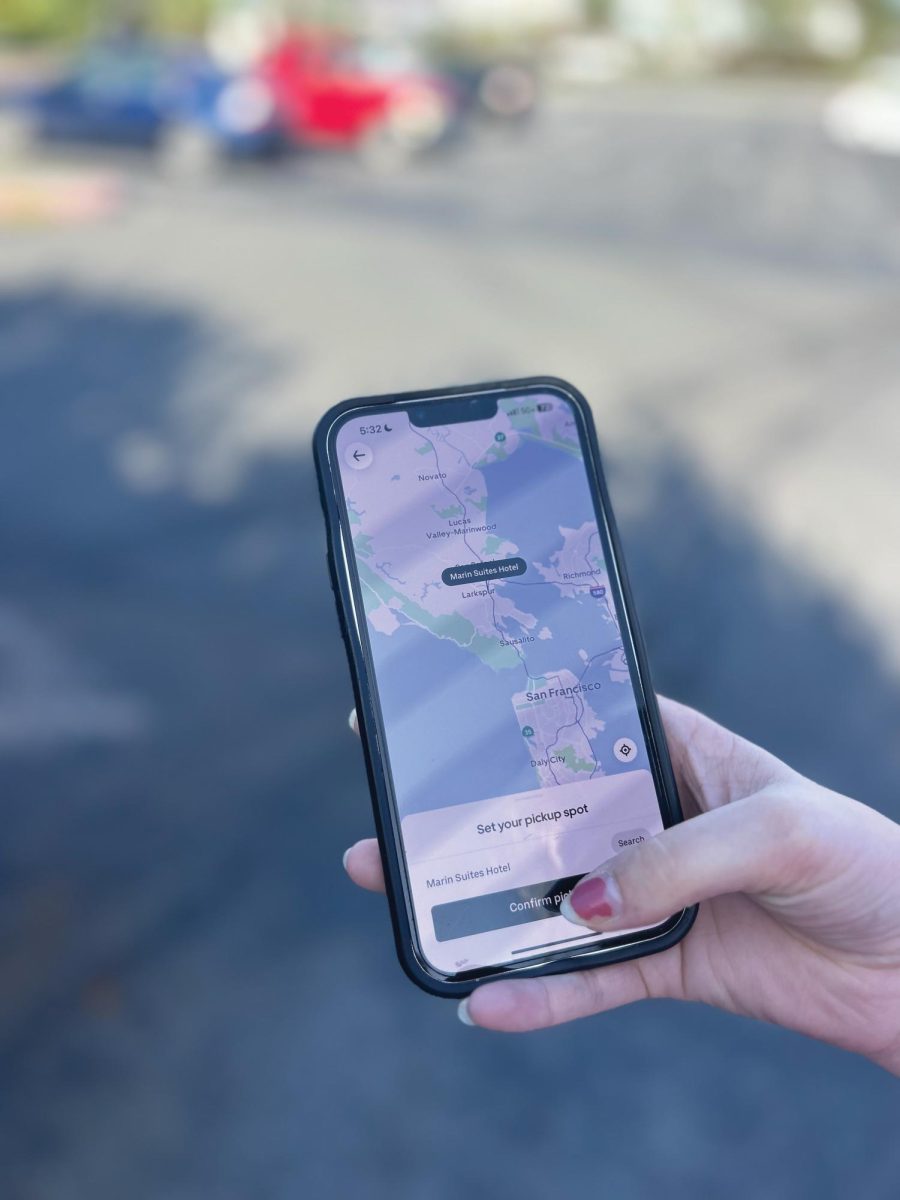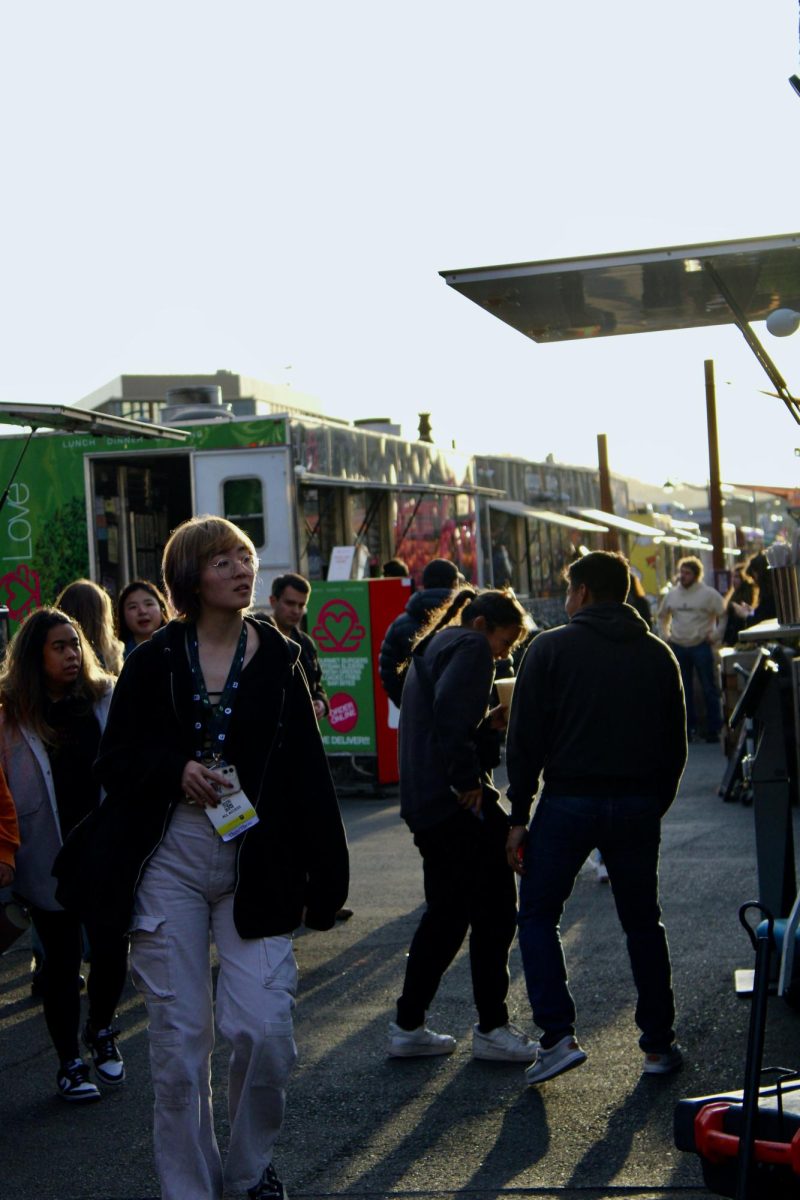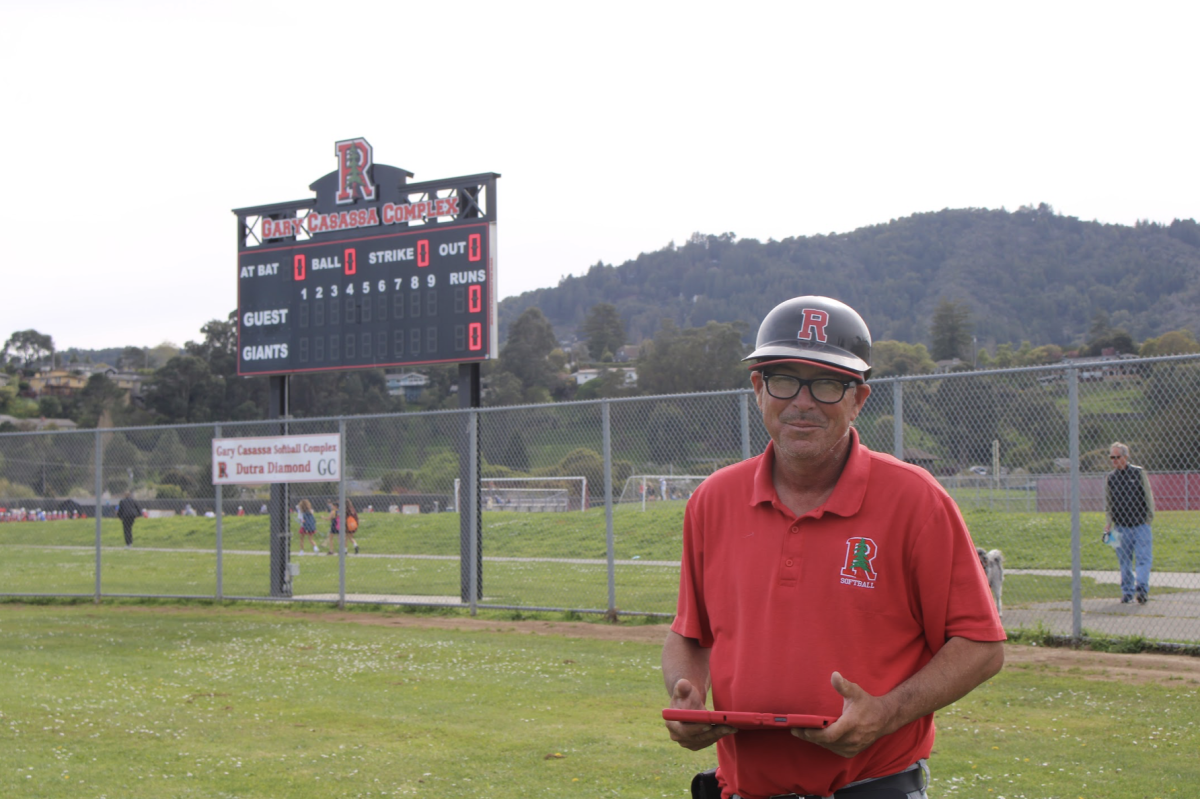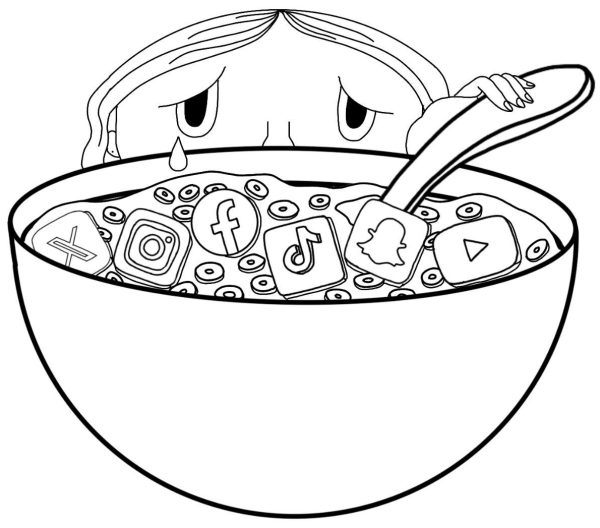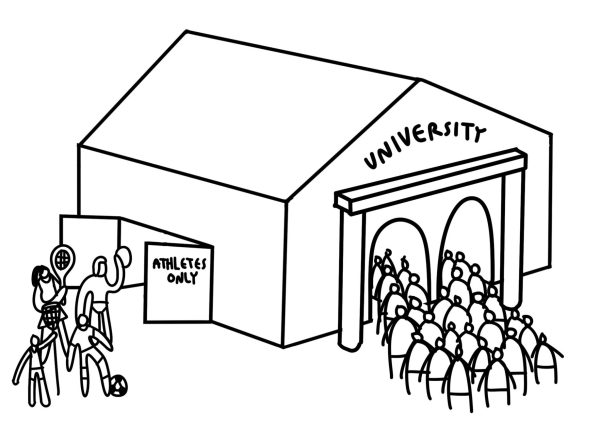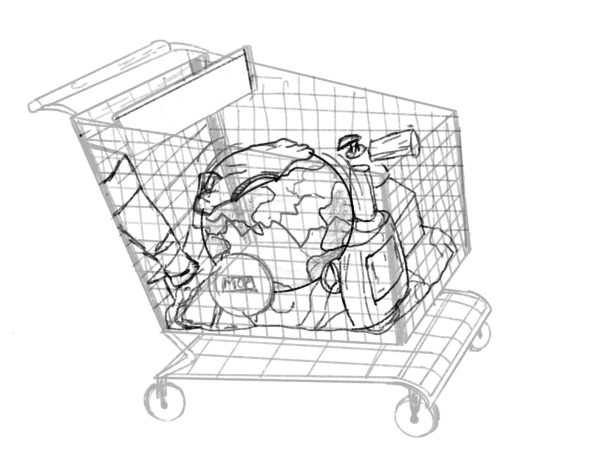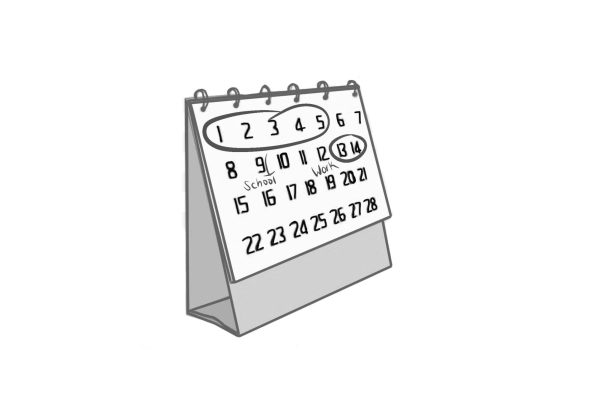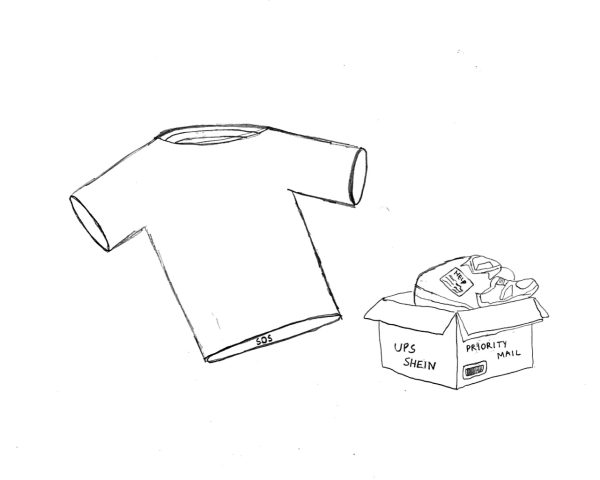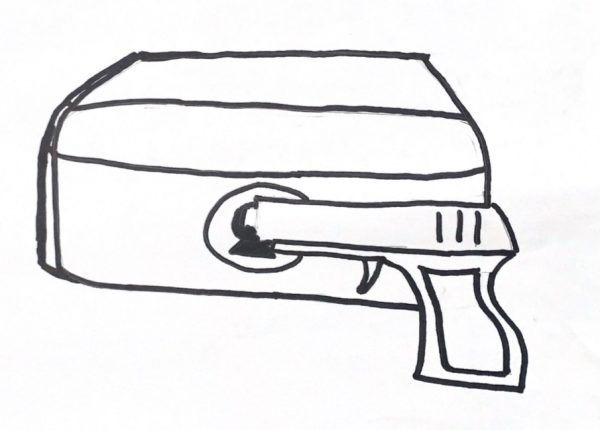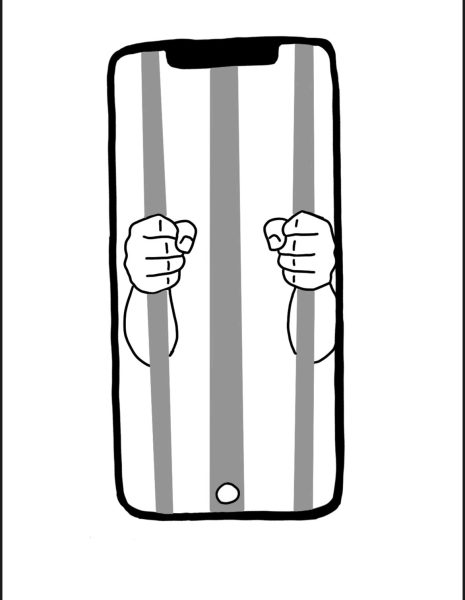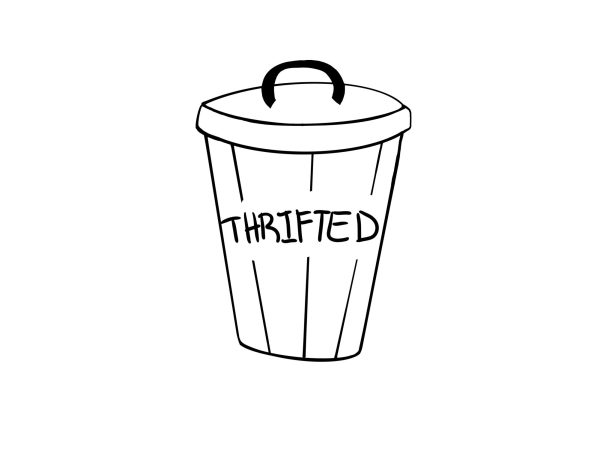Let’s break from hustle culture
January 4, 2023
“The grind never stops.” Most people have heard a phrase like this at some point in their lives. For many, this insignificant sentence is enough motivation to wholeheartedly dedicate ourselves to tasks at hand. Today’s “hustle” culture takes phrases like this to a new and often harmful level. Hustle culture is the collective drive to always be productive each day in order to reach success. This promotion of never-ending hardwork and productivity breeds a toxic environment that distracts people from their honest goals and makes them feel guilty for taking breaks.
Burnout and stress are both symptoms of hustle culture, but they are relatively different. While stress can be the result of having too many tasks on your plate, burnout can be the experience of lack of energy or motivation. Still, stress and burnout can be linked as stated by the World Health Organization, who define burnout as, “a syndrome conceptualized as resulting from chronic workplace stress that has not been successfully managed.” While constantly working long hours at school, work, sports or on homework, our brains are rarely given a break. This lack of time devoted to rest is what can lead to this kind of burnout. 
Along with exhaustion, burnout can contribute to a pessimistic approach to work. Both procrastination and lack of energy can result in insufficient rest, and then a decline in their overall work competence. Absence of motivation can lead to reduced personal accomplishment and pleasure, more specifically when an individual feels that their work is insufficient. In turn, this declining energy has the ability to cause even more counter-productivity down the line. In fact, Healthy workers only have a productivity loss of 26%. On the other hand, fatigued workers have a 66% rate of lost productivity due to cognitive decline and inability to focus. By simply giving yourself that break from work, you can refuel your energy, focus on what you are doing, and then work more efficiently. When stressing the importance of taking a break, we must recognize that the problem with hustle culture is that it has established a connection between feeling guilty for taking a pause in work. Often, hustle culture has created an environment where a break is correlated with a sudden flood of unpleasant guilt, forcing people to become a prisoner inside of their own freedom. So, in order to avoid counter-productivity, one must first push themselves beyond the preconceived notion that a break is counterproductive.
Tying your self worth to your productivity can be dehumanizing because progress is not always linear and success is subjective. A schedule that works for you may not work for your friend. By the same token, what you deem as “success” may be different from someone else’s beliefs. With this in mind, it’s crucial to take a break from hustle culture, on your own terms and in whatever way works for you.
One recommendation to help mitigate the effects of toxic hustle culture is to get more sleep. An article by the Harvard Business Review found that only one to three percent of the population can sleep for only five to six hours each night without the lack of sufficient sleep affecting their performance. It is definitely possible but very unlikely that you are among that one to three percent, so getting an adequate amount of sleep is crucial. Also, it is important to not just rest at night, but to set time in your day to do activities besides work. Taking a break from work for as little as 20 minutes can be extremely beneficial in helping to return your mental and psychical systems to their typical functions. Lastly, take a step back from your work and redefine your success. Before throwing yourself into an unhealthy cycle of productivity, ask yourself these questions: what does success look like to me? Not what’s expected from parents, friends or teachers, but what are my true goals?
We have been taught from a young age that productivity keeps us progressing towards our full potential. Although this is valid, productivity does not always mean more work or more time. “More work equals more efficiency” is a common mentality that can have a negative influence on how students work; however, this falls into the trap of quantity over quality. Instead, slow down, give yourself a break and cherish time with loved ones.


